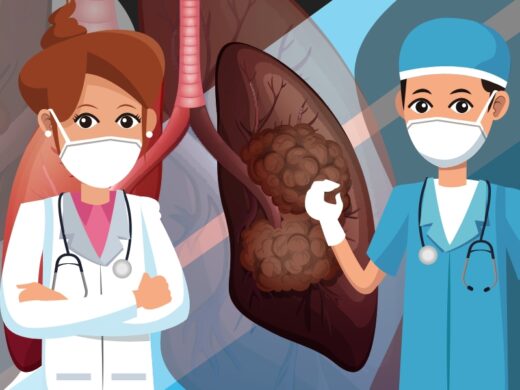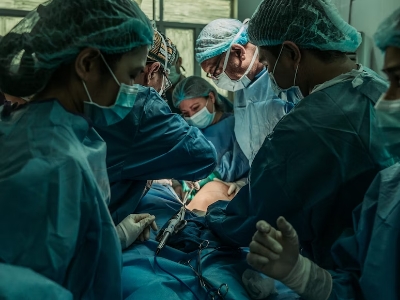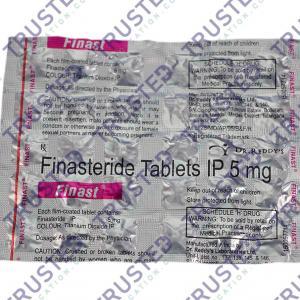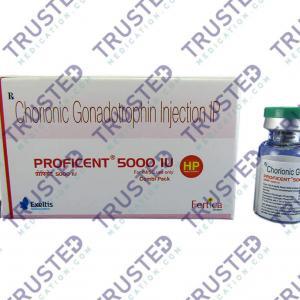
What is Lung Cancer?
Lung cancer is a type of cancer that starts in the lungs. Cancer starts when cells in the body begin to grow out of control. Lung cancers typically start in the cells lining the bronchi and parts of the lung such as the bronchioles or alveoli.
Types of Lung Cancer
1. Non-small cell. About 85% of this cancer is non-small cell type. This type occurs mainly in people who smoke or used to smoke, but it is also the most common type seen in people who don’t smoke. This may include the following:
- Adenocarcinoma
- Squamous cell carcinoma
- Large cell carcinoma
2. Small cell type. This tends to grow and spread faster than non-small cells. In most people with this type, cancer has already spread beyond the lungs at the time it is diagnosed. Since this cancer grows quickly, it tends to respond well to chemotherapy and radiation therapy.
3.Cancers that spread to the lungs. Cancers that start in other organs such as the kidney, pancreas, skin, or breast can metastasize to the lungs.
Symptoms of Lung Cancer
- Hoarseness
- Losing weight without trying
- A new cough that doesn’t go away
- Bone pain
- Headache
- Coughing up blood, even a small amount
- Shortness of breath
- Chest pain
How Smoking Leads to Lung Cancer?

Smoking can damage the cells that line the lungs. Inhaling cigarette smoke changes the lung tissue as it contains lung-cancer-causing substances. At first, your body may be able to repair this damage. Smoking addiction or chronic smoking, normal cells that line your lungs are increasingly damaged. Over time, the damage causes cells to act abnormally, and eventually, cancer may develop.
Your risk of lung cancer increases with the number of cigarettes you smoke each day and the number of years you have smoked. Quitting at any age can significantly lower your risk of developing lung cancer. Exposure to secondhand smoke also increases your risk of developing the condition.
Risk Factors of Lung Cancer
- Previous radiation therapy. If you’ve undergone radiation therapy to the chest for another type of cancer, you may have an increased risk of developing this condition.
- Exposure to radon gas. Unsafe levels of radon can accumulate in any building, including homes.
- Exposure to asbestos and other carcinogens. Workplace exposure to asbestos and other substances is known to cause cancer and can increase your risk of developing lung cancer, especially if you’re a smoker.
- Genetic. People with a parent, sibling, or child with this condition have an increased risk of the disease.
Treatment for Lung Cancer

The treatment plan is based on several factors such as your overall health, the type and stage of your cancer, and your preferences. Your doctor may also suggest comfort care to treat only the symptoms the cancer is causing, such as pain or shortness of breath. Surgery is the main treatment for cancer. It focuses on removing the affected tissues. If you have larger lung cancer, your doctor may recommend chemotherapy or radiation therapy before surgery in order to shrink cancer.
Radiation therapy is recommended for advanced lung cancers and those that have spread to other areas of the body. Chemotherapy may also be used before surgery to shrink cancers and make them easier to remove. In people with the advanced condition, chemotherapy can be used to relieve pain and other symptoms.
Medication Used for Lung Cancer Patients
Erlotinib. It treats patients with metastatic non-small cancer lung cell that has spread to the nearby tissues and other parts of the body. It is used in combination with other recommended treatments and therapy to successfully get rid of the affected tissues. It works by blocking the protein that signals the abnormal cells from growing and multiplying. This slows down or stops the growth of cancer cells.







